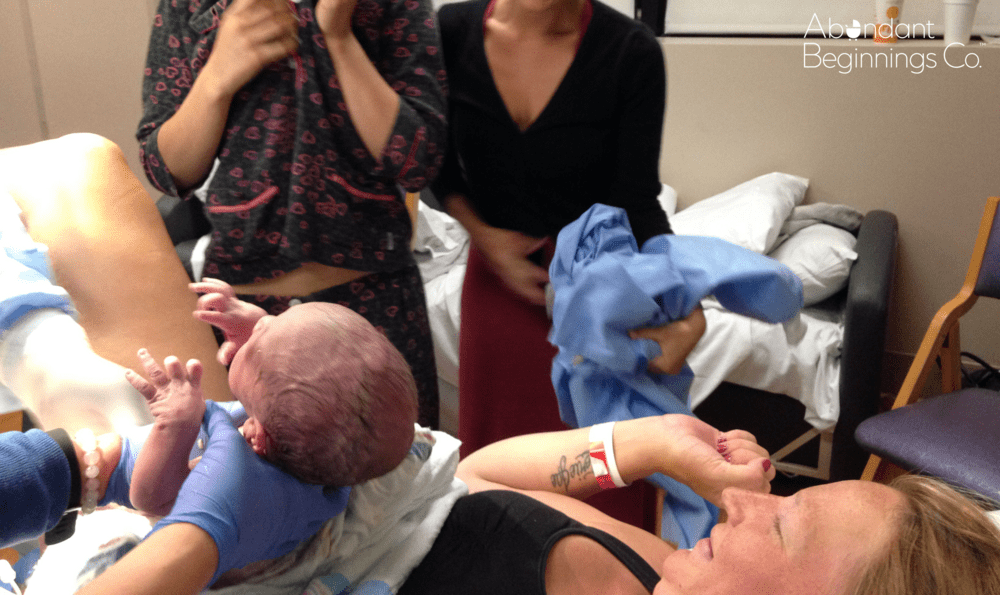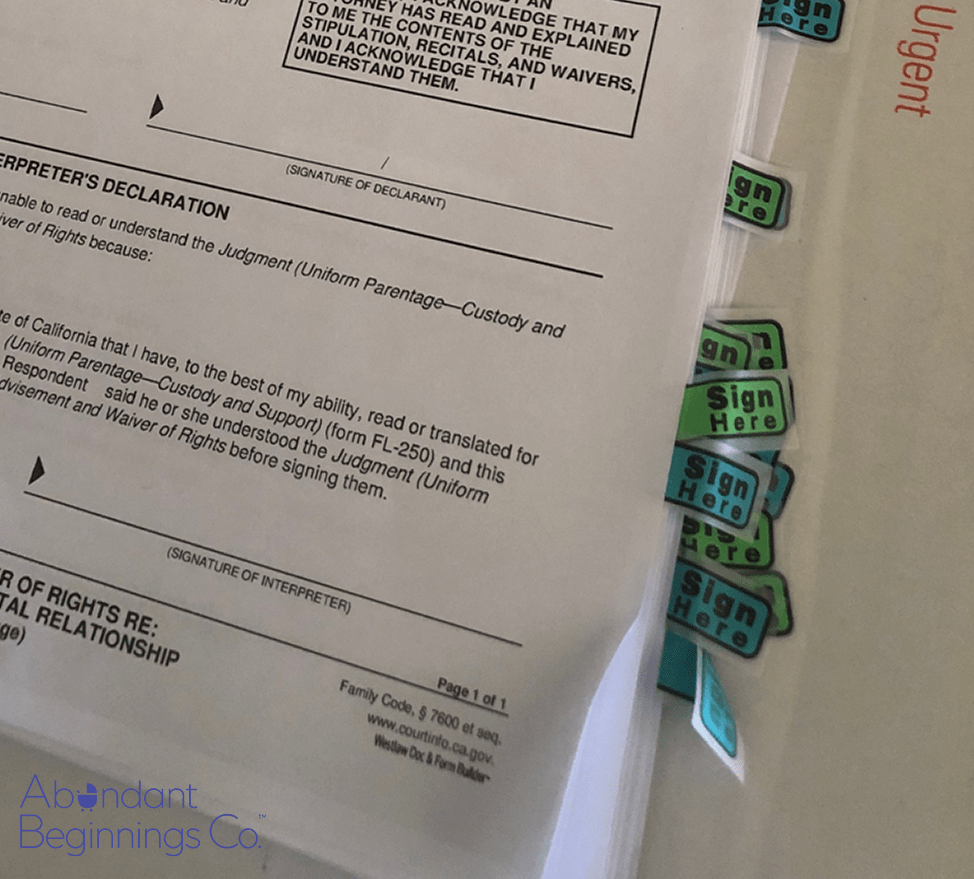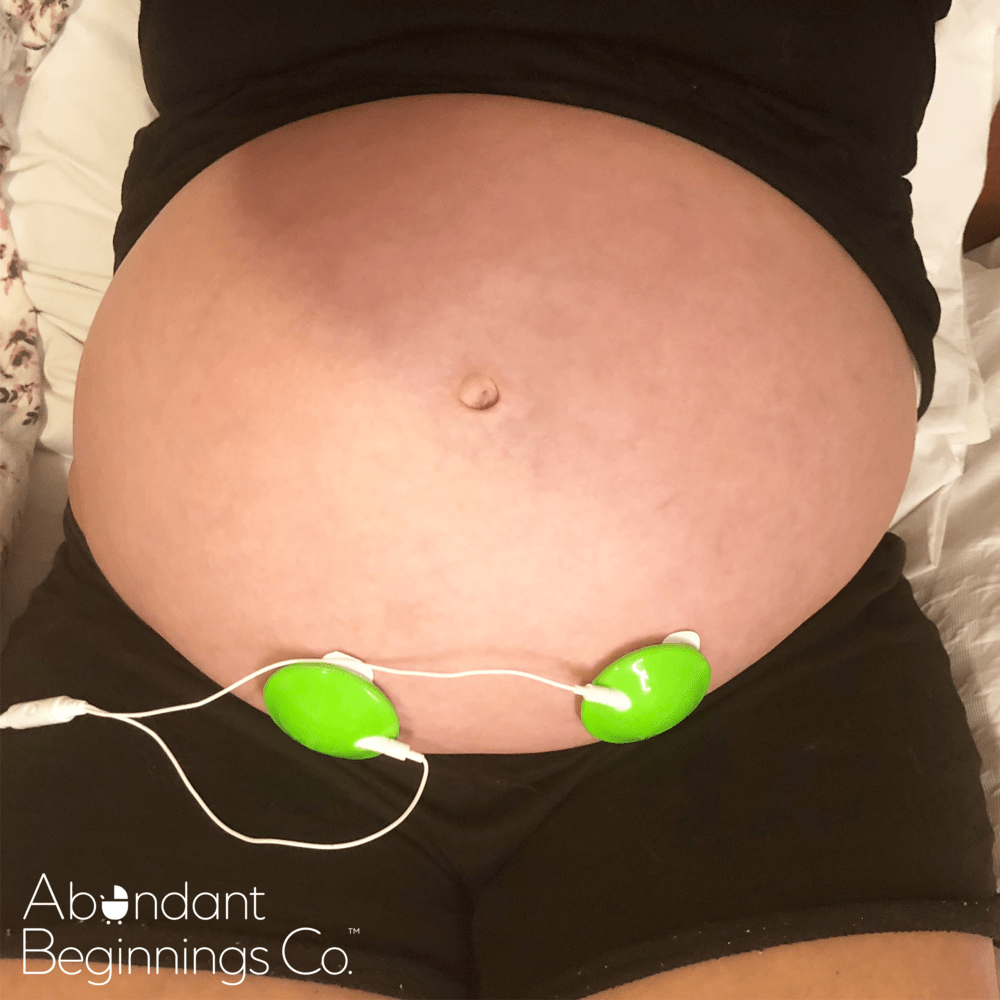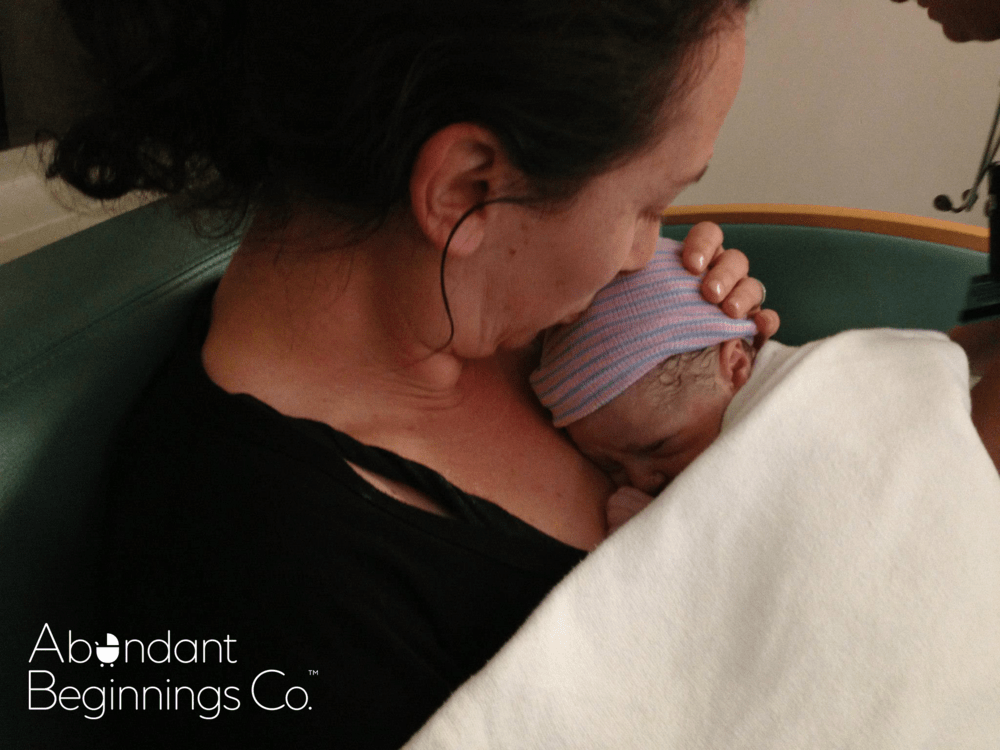Common Misconceptions About Surrogacy
By: Julie Allgood
There are many misconceptions about the surrogacy process that we get asked over and over again as an agency. We thought we would share our answers to some of these questions to help clear things up for people. Feel free to send your feedback and let us know if you have other questions you would like answers to.
1. How do we know the surrogate won’t want to keep our baby?
While we appreciate that this is a fear that many Intended Parents have initially, the surrogates are very reassuring in letting us know that they can have their own children, and typically their families are already complete. They want to help others become parents, and they look forward to seeing that special moment at the birth when the IPs meet their baby for the first time! There is a legal agreement in place that assures the Intended Parents names are on the birth certificate. The baby does not “belong” to the surrogate at any stage of the process. It is not her baby to give to anyone. It is the Intended Parents baby from the moment of implantation.

Gestational Surrogate watching as the Intended Parent wipes tears from her face. The reaction of the IPs after the baby is born is typically what our surrogates look forward to the most.
Also, once the Intended Parents meet their surrogate, their fears often subside. They see that the women we have working for our agency are lovely, kind, giving women who want the absolute best for the couple or single person they are carrying for. They feel proud of their choice to be a surrogate, and their intention is to do a really good job and follow through completely on their commitment.
2. How do I know the surrogate will take good care of herself/my baby when she is pregnant?
The women we work with for surrogacy are thoroughly screened and psychologically evaluated. Our Agency does home visits (when possible) and speaks with their references. Your Reproductive Endocrinologist has also thoroughly reviewed her medical records all in an effort to determine the health and character of the surrogate. One way to ponder this question is to consider that the surrogate views the pregnancy as if she is babysitting a good friend’s child. She has committed to do everything possible to ensure that the child is safe. That is the mentality of a surrogate. They are babysitting your child, and do everything they can to protect the baby.
If you have any specific requests, we ask that you discuss this with the Agency and it may be possible to include those in your legal agreement with the surrogate. (Example – you would like her to eat organic produce when possible and you are willing to include an additional $50/per month to help with this cost.)
3. If my surrogate has dark skin, will my baby have dark skin?
There is no biological connection with the surrogate and the baby she is carrying. The nationality or color of the surrogates skin is irrelevant in this process. The womb of a woman is the same color inside, regardless of the color of her skin.
In regards to the surrogate’s blood mixing with the baby’s blood when in utero, here is a simple explanation:
The placenta is responsible for working as a trading post between the mother’s and the baby’s blood supply. … Nutrients and oxygen from the mother’s blood are transferred to the fetal blood, while waste products are transferred from the fetal blood to the maternal blood, without the two blood supplies mixing.
4. My surrogate has to live in CA. No other States are as surrogacy friendly?
There are many states that are surrogacy friendly in the U.S. Abundant Beginnings only works with surrogate’s who reside in states where surrogacy is legal, and we are happy to discuss this with you. The experienced family formation attorneys we work with will help you obtain a birth order so that you can easily get a birth certificate in the state where the surrogate delivers.

Pre-birth orders are signed by all parties. In this example, Gestational Surrogate and her husband both sign.
5. I’m afraid the baby will bond more with the surrogate than with me.
There are many options to help you bond with your baby. During the pregnancy, you can use a device (such as Belly Buds) to help your baby hear your voice. You may wish to record yourself reading a book or singing songs/nursery rhymes. Your surrogate will be happy to help you with this by putting the headphones on her womb for the baby to hear you. Also, in the hospital at the birth, you can be in the delivery room and be a part of the entire delivery process – respecting the surrogate’s modesty, and checking with her on what is most comfortable. The surrogates want the Intended Parents in the room – they want you to experience that initial connection and have the joy of watching you see your baby for the first time.

Gestational Surrogate using BellyBuds to play songs her Intended Parents sang for their baby.
Also, the hospitals encourage you to do skin to skin contact soon after the birth to help with the bonding process. Our wonderful case managers can help communicate with the hospital to see if there may be a room in the hospital for you to stay in while your baby is staying there – which is typically just overnight. You will be the first one to feed the baby. Even if you request that the surrogate pump breast milk, it will be put in a bottle for you to give to the baby. If you have questions or concerns about this, we have additional resources to help guide you in the process and answer questions you may have. Our goal is to help you feel comfortable and trust that you and your baby will bond without complication.

Intended Parent bonding skin to skin moments after her baby was born.












